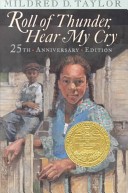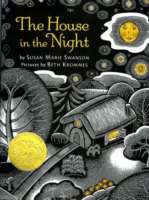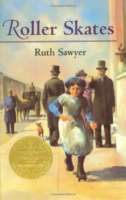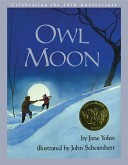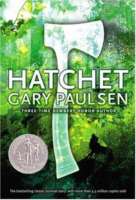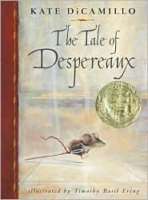
WINNER OF THE NEWBERY MEDAL!
Kate DiCamillo introduces a hero for all time!
Welcome to the story of Despereaux Tilling, a mouse who is in love with music, stories, and a princess named Pea. It is also the story of a rat called Roscuro, who lives in the darkness and covets a world filled with light. And it is the story of Miggery Sow, a slow-witted serving girl who harbors a simple, impossible wish. These three characters are about to embark on a journey that will lead them down into a horrible dungeon, up into a glittering castle, and, ultimately, into each other’s lives. And what happens then? As Kate DiCamillo would say: Reader, it is your destiny to find out.
From the master storyteller who brought us BECAUSE OF WINN-DIXIE comes another classic, a fairy tale full of quirky, unforgettable characters, featuring twenty-four stunning black-and-white illustrations by Timothy Basil Ering, in an elegant design that pays tribute to the best in classic children’s books and bookmaking traditions.
The beloved author of BECAUSE OF WINN-DIXIE enlightens us with a tale of adventure, despair, love, and soup.
